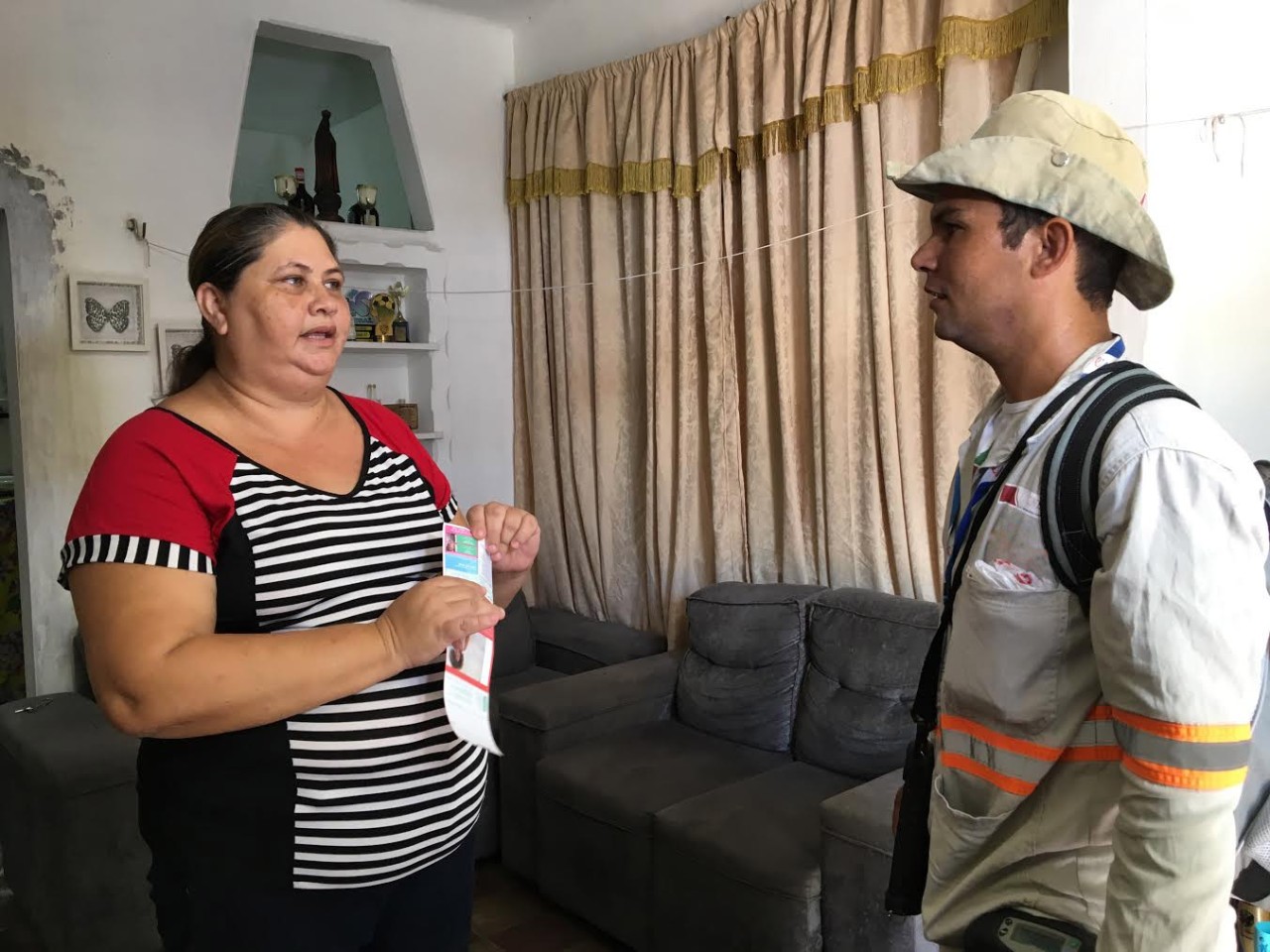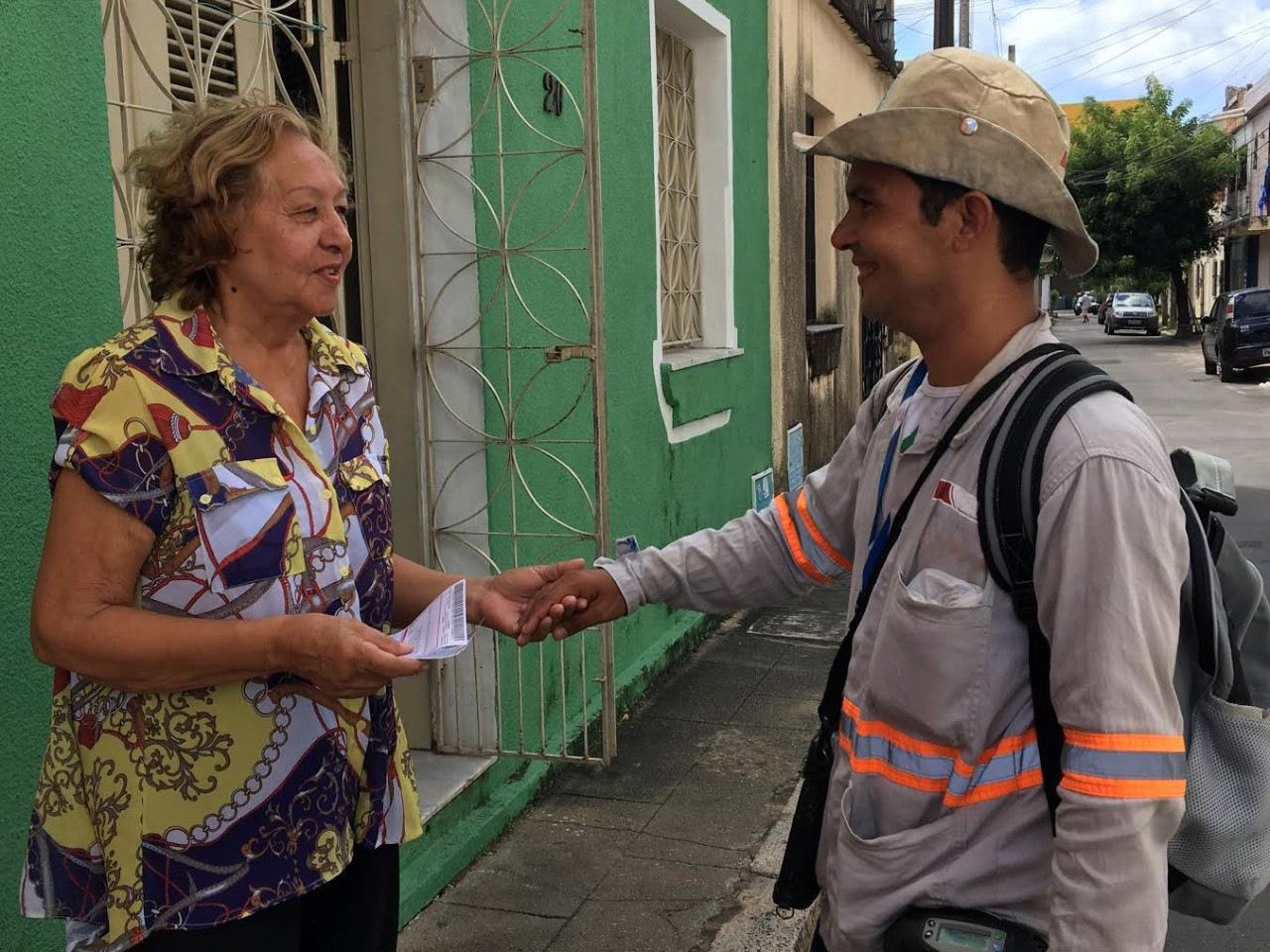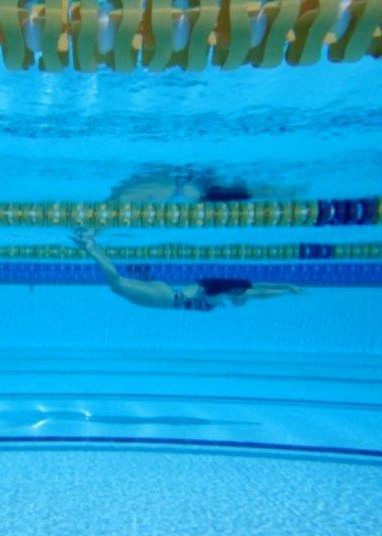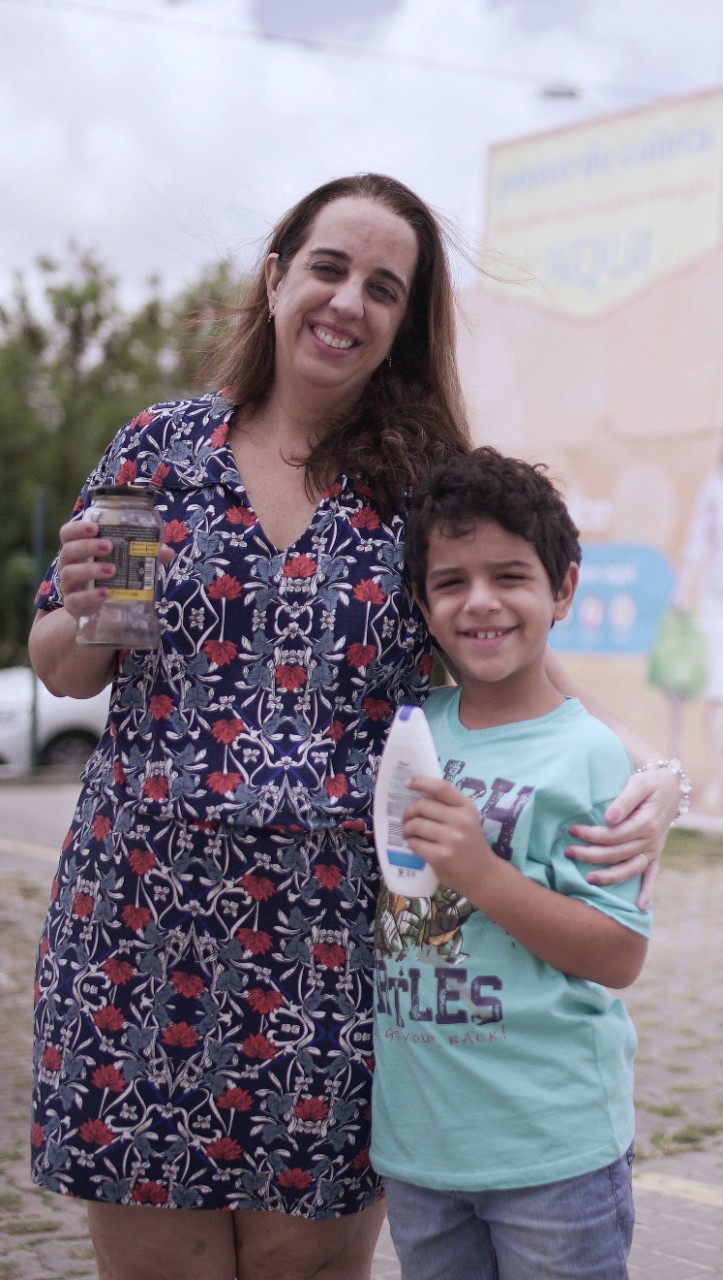“I’m at a critical stage of the disease. Everyone in my neighbourhood is sick. All help is welcome and I believe that this support will make a difference because the meter readers are familiar to us. Our state needs a serious inspection to fight this evil”
Starting this month, employees responsible for meter readings will also identify possible mosquito breeding grounds at closed or abandoned properties. They will also ask residents during their home visits about cases of dengue, chikungunya and Zika in the neighbourhood. Every two days, a report with the information gathered will be sent to the Carrier Control Centre.
“As a socially-responsible company, we feel the need to help the public sector. This is a fight for the whole of society and we have made all of our meter readers available. Through them we have access to nearly everyone who lives in Ceará and we can be another branch in the war against these diseases”
The meter readers have been trained to provide this support. Each employee visits an average of 390 consumer units a day. This means that at least 170,000 businesses and residences will be monitored daily. Meter reader Francisco Negreiros has celebrated the partnership and is happy to contribute with this initiative:
“This action is the result of a very important partnership because we have access to the whole state. If we all join forces and focus on this work, we will have excellent results”

Precautions should start at home
Most Aedes aegypti breeding grounds are inside residences. It is paramount to keep yards and gardens clean and to collect, eliminate or store away from rain any object that can accumulate water, such as tyres, cans, plastic containers, bottle caps, disposable cups and even eggshells.
In addition, residential rubbish should be stored in plastic bags and disposed of adequately, in sealed repositories. Another option is Ecoenel, the programme that swaps solid residue for credits in energy bills.
Understanding the symptoms
If you live in or have travelled to areas where the epidemic is happening in the last 14 days and have a high fever, headache, pains in your bones and joints, pain behind your eyes, loss of your sense of taste and appetite, skin spots and rashes, nausea, vomiting, dizziness and extreme tiredness, go see a doctor. For more information, call 136 and speak to Disque Saúde (Health Hotline).
“We make a big effort to help the neighbourhood. Unfortunately we don’t have such a large number of health agents. I believe Enel will be very effective in this work and could make the difference in the fight against the disease”
According to the epidemiological bulletin released on June 2nd, Ceará has this year alone confirmed 9,755 cases of dengue fever and five deaths, 25,533 cases of chikungunya with 20 deaths, and 284 Zika virus cases. Of the 179 municipalities in the state, 124 (70%) of Ceará’s towns have had at least one infected resident.





